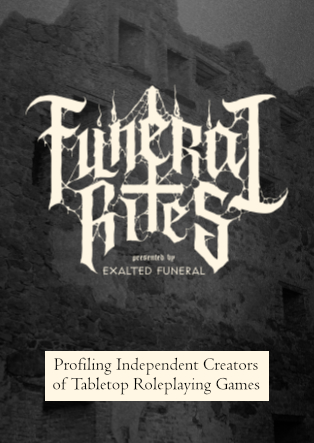
Unwinnable’s First Look at Luke Cage
Luke Cage has rolled around with a certain sort of inevitability. Marvel’s third series for Netflix was announced way back in 2013. Lead Mike Colter was cast in 2014, and we first saw him in action last November when he played a major role in Jessica Jones. The point is, this has all been on the way for a very long time by TV standards, and after seeing Colter in the better part of Jessica Jones’ 13 episodes, it’s easy to feel the show won’t have much new to offer.
Frustratingly, that’s an opinion that the first couple of episodes only serve to validate, but have faith: it gets better. By the end of the first half of the season (Netflix made the first 7 episodes available to review) the show has established itself, distinct from siblings Daredevil and Jessica Jones, and shows real promise.
We first catch up with Luke, who’s super strong and virtually invulnerable, as he’s holding down twin jobs as a cleaner in a barber shop and a dishwasher in a Harlem club. The first couple of episodes busy themselves with establishing the Marvel take on Harlem, introducing its movers and shakers and laying the groundwork for the show’s major themes.
Heading up the sinister side of things are Mahershala Ali and Alfre Woodard as two cousins: one the gang leader Cottonmouth; the other a local politician hoping to bring change to Harlem. On the basis of the first 7 episodes, they’re perhaps the show’s weakest link. Both offer able performances, Ali in particular, but their characters settle into comfortable, predictable tropes. They’re fine as foils to Colter’s Cage, but suffer hopelessly by comparison to Wilson Fisk and Kilgrave, suggesting that Marvel’s earlier shows might have set the bar too high for their own good.
Once the show gets past putting its pieces in place, things pick up. The plot feels disappointingly close to a rehash of Daredevil’s first season, all corrupt cops and gang rivalries, but the series is saved by its willingness to tackle difficult themes head on. Namely, the fact that Luke Cage is black.
That might not sound like a big deal (and it really shouldn’t be) but the fact remains that he’s Marvel’s first non-white lead. He’ll be the only one until Black Panther hits cinemas in 2018, and there are no others planned beyond that. So Cage’s race matters — and it’s here that the show delivers.
An overwhelming majority of the cast are black, and white faces are few and far between. Black Lives Matter gets namedropped in episode one, while countless civil rights leaders get mentioned as the show goes on. Hip hop, soul and jazz infuse the soundtrack. Perhaps most importantly, the struggle between Cage and his opponents is almost explicitly as a question of just how people of color are supposed to claim and exert their power in the modern world.
The back half of the season is going to have to go some way to prove that Cage can stand toe-to-toe with his Netflix siblings in the superhero stakes, but it’s already clear that this is one of Marvel’s most ambitious efforts yet.




